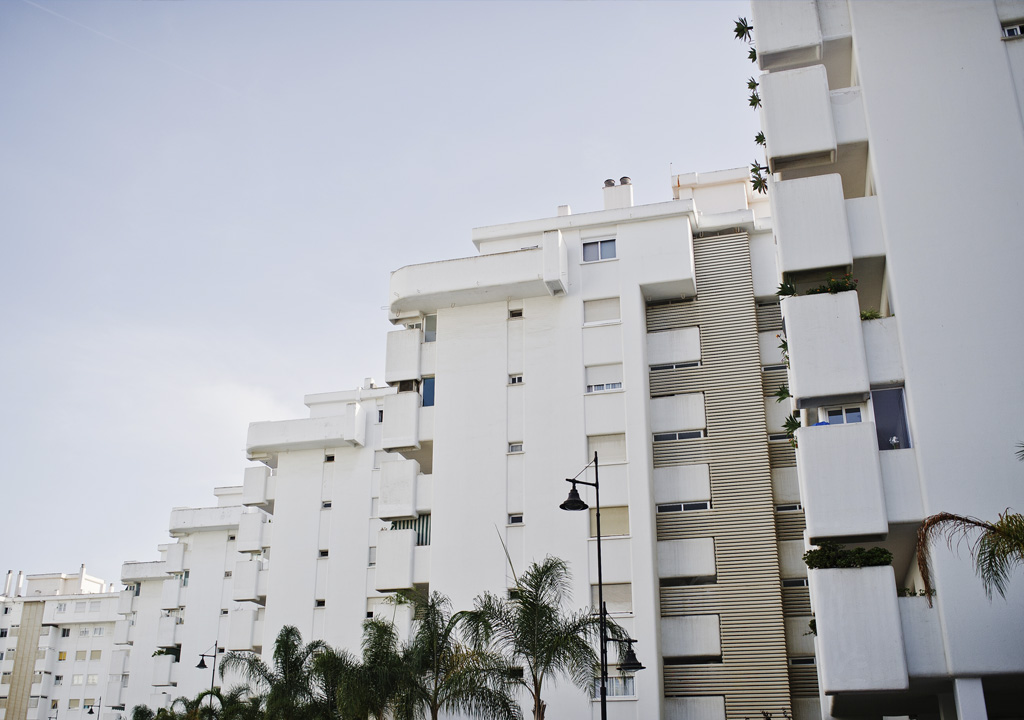The process of court action in civil law in Spain is called “procedimiento ordinario”. This kind of legal action can be taken in a wide range of circumstances.
Common situations which can be resolved through this court process include;
- Contract disputes
- Contested money claims
- Trade disputes
- Intellectual property disputes
- Compensation claims
- Claims for damages
- Insurance claims
- Injury claims
- Negligence claims
The ordinary civil trial: summary of the process
A lawsuit is drafted by your solicitor and filed at the relevant court. The choice of court is usually dictated by the location of the defendant.
This could be the nearest court to an individual’s property or, if the defendant is a corporate entity, the registered office.
The lawsuit is filed following the collation of supporting evidence in cooperation with the claimant. The claim should be as comprehensive as possible, summarising all events and evidence.
This reflects the need for clients to provide as much information as possible to support legal action.
It is imperative that the lawsuit is accurate, as it cannot be revised. It is however possible to make additional allegations.
The lawsuit will be presented at court by a procurator. The role of procurator is to act as representative of the claimant to formally deliver documents to court and receive formal notifications.
Following submission of the claim, the court will deliberate the merit of the case and either accept or reject the filing.
If the case is accepted, the court will formally notify the defendants. The defendants have 20 working days following receipt of the documents in order to reply.
The response can be denial of the claims made in the lawsuit. The defendant also has the opportunity to make a counter claim.
In the event that a counter claim is filed, a further 20 working days is provided for the original claimant to respond to this action.
Court hearings
Following the claim and response phase of proceedings, a date is set for the preliminary hearing.
This hearing is attended by the legal representatives of both parties and depending upon the case, the claimant and defendant themselves.
The opportunity to reach an agreement is usually explored at the initial hearing.
The end result of the initial hearing can be that the case is; closed, usually this happens if the claimant/representative does not attend or neither party attends, or a formal agreement is reached, or a judgment is issued in certain instances or the case proceeds to full trial hearing.
The next hearing will be the full trial or oral hearing.
This usually happens within 2 months of the initial hearing. However, in reality the timescale very much depends upon the workload of the particular court.
The trial is attended by each parties legal representatives and more often than not the claimant and defendant in person.
The trial gives an opportunity to cross examine witnesses, interview expert witnesses and the defendant and claimant.
If there is new evidence available after the initial trial, then this may be submitted.
The result of the court case is not decided on the same day. The judge will deliberate and notify both parties in writing at a later date.
Sentence, appeal and execution
The verdict will be communicated by way of formal written judgment. If the action is successful, the defendant has the right of appeal.
The appeal would be filed 20 working days following receipt of the judgment. New evidence is not allowed to be submitted.
It is important that the claimant´s legal representative formally responds to any appeal.
The appeal process involves the case being reviewed by a panel of 3 judges. The original judge is not involved.
The appeal process generally takes several months. There is no additional court hearing. The outcome of the appeal is notified in writing.
Following the final judgment, the defendant should make the relevant payment as per the court judgment. This should be done within 20 working days.
If this is not forthcoming, the claimant can request to the court to execute the judgment. This means that the court requests payment from the defendant.
Courts in Spain also have the power to enforce judgments and collect monies. This can be done by securing funds from bank accounts etc.
Contact us today
If you need assistance in relation to any legal matter in Spain, please don’t hesitate to contact us.
Gascón Bernabéu offer confidential, no-obligation consultations.
Please contact our bi-lingual team on info@gasconbernabeu.com or by telephone:
from the UK 0203 137 1320
from the US 646 751 8496
within Spain 965 020 279.












